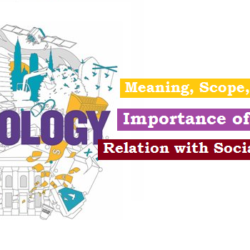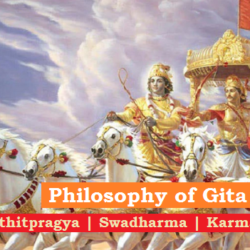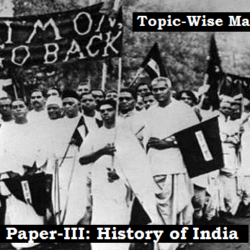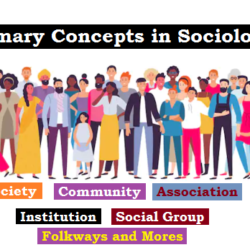
Part XV Art 324- 329 deals with elections. Art 324 provides for an independent Election Commission for the free and fair election. It vests power of superintendence, direction and control of elections in the Election Commission.
It controls the Parliamentary, State Assemblies, Presidential or Vice-Presidential elections.
Composition:
- A Chief Election Commissioner and such other Commissioners as the President may fix.
- They all have equal powers and any decision is taken on the basis of consensus or majority rule.
- They receive salary, allowances similar to that of a SC Judge.
- President may appoint Regional Commissioners in consultation with the Election Commission.
Qualifications:
No qualification mentioned in the Constitution.
Tenure:
- Conditions of service and tenure to be determined by the President. Presently it is 6 years or 65 years of age.
- He can’t be removed except on the same ground as a Judge of SC (for proved misbehaviour or incapacity).
- Regional Commissioners cannot be removed except on the recommendation of the Election Commission.
- Note: He is not debarred from any further appointment by the govt after retirement.
Powers and Functions:
It has administrative, advisory and quasi-judicial powers.
- Election exercises: Delimitation, electoral rolls, recognition of political parties, code of conduct, etc
- To advise President or Governor on matters relating to the disqualification of members
- To cancel poles in the event of malpractices
- To advise President for the election under President Rule
Elections
Constitutional Provisions:
- Art 325: Constitution provides equality to every citizens in matters of electoral franchise
- Art 326: Elections to Lok Sabha and Assemblies on the basis of Adult Franchise
- Art 328: Power of Parliament or State Legislature in matters of elections to legislature
(States; only those matters which are not covered by the Parliament)
- Art 329: Bar to interference by courts in electoral matters.
Parliament has enacted several legislation regarding elections:
- Detailed provisions of elections are made under the Representation of the People Act, 1951
- Delimitation Commission Act (Orders of Delimitation Commission is final and cannot be challenged in any court)
However, it also provides for Election Petition for questioning elections to Lok Sabha or Assembly (manner to be provided by law- High Courts are empowered to accept)
- ECI supervises the election work in a state and nominates or designates an Officer of the Govt of the State as the Chief Electoral Officer in consultation with that State to supervise the election work in a State.
- ECI also nominates or designates an Officer of the State Government (Collectors) as District Election Officer (DEO) to supervise the election work in a District who appoints Returning Officer for every constituency and Presiding Officer for every polling booth.
- ECI also nominates officers of Government as ‘Observers’ who report directly to the Commission.
Election Process:
Time of election (After dissolution)
Schedule of Election
Model Code of Conduct
Election Campaign
Voting procedure

 Home
Home Syllabus
Syllabus Contact Us
Contact Us




